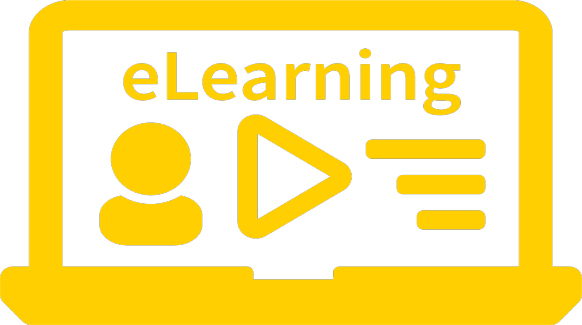
Click image to zoom.
Double click image to zoom.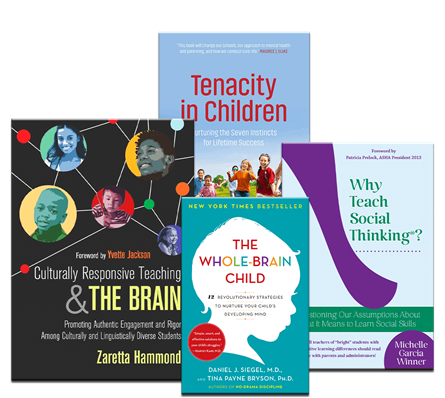
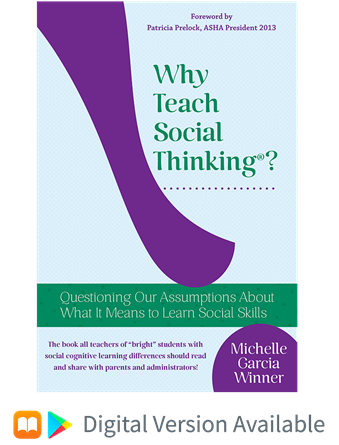
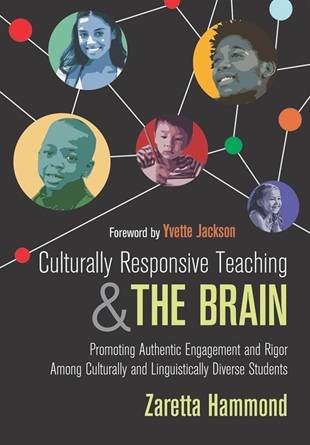
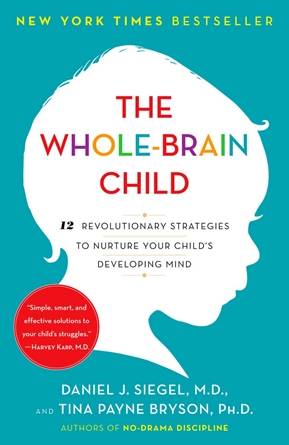
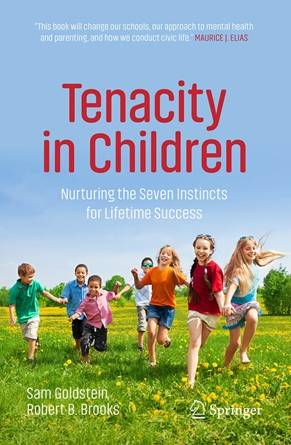
- Ages: 5-18
- Format: Paperback
- ISBN: B-ADPR
- Published: 2023
Description
Principals and other school administrators understand the importance of establishing a forward-thinking vision for their schools and districts to support social, academic, emotional, and cultural learning—all critical foundations for child development. In fact, research shows that schools and districts that value and promote social learning can increase academic achievement by 11% and those who teach tenacity see academic benefits as well. This bundle provides four unique, complementary ways to understand and support the diverse social learning needs of students ages 5-18+ while promoting self-awareness, self-regulation, and well-being for all students.
Take a look inside the bundle!
Why Teach Social Thinking?
This unique resource explores core questions related to the importance of social emotional learning in academic, professional, and personal well-being. Why Teach details how components of the Social Thinking® Methodology can support learning in a group, paying attention, self-regulating emotions, and even improving academic performance. It also addresses the evidence-informed and research base that is foundational to the Social Thinking® Methodology. Includes a free readers’ study guide. Buy the book as part of the bundle, or separately at full price. Digital version must be purchased separately—only on Apple Books and Google Play (not printable).
Culturally Responsive Teaching and The Brain
The achievement gap remains a stubborn problem for educators of culturally and linguistically diverse students. With the introduction of the rigorous Common Core State Standards, diverse classrooms need a proven framework for optimizing student engagement and facilitating deeper learning. Buy the book as part of the bundle, or separately at full price.
The Whole-Brain Child
This book explores the role different parts of our brains play in managing our own behavior. The authors, a neuropsychiatrist and a parenting expert, illustrate how teaching children about their brains can help them learn to cultivate healthy emotional and intellectual development, in addition to self-management, in order to foster balanced lives that include healthy relationships, success in school, responsible behavior, and positive self-regard. Written for use with children, in language and images they can understand, this book explains and visually depicts simplified neurology paired with 12 concrete metacognitive strategies to help children learn how to better control their actions and reactions. Buy the book as part of the bundle, or separately at full price.
Tenacity in Children
Tenacity in Children provides a solid foundation to prepare children for a resilient and happy future. It offers well-defined guideposts for adults committed to providing every child with the opportunity to access, strengthen, and employ these instincts as they negotiate childhood and passage into adult life. Buy the book as part of the bundle, or separately at full price.
Related Materials

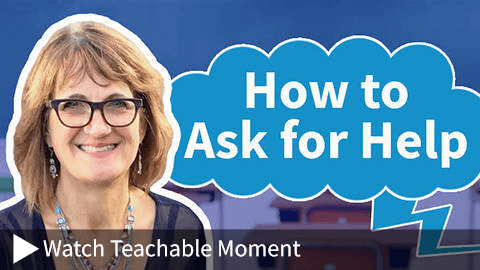
Instructor: Michelle Garcia Winner
It’s human nature to want to help others, but it’s often difficult for people to ask for help, especially those with social emotional learning differences. In this webinar, we’ll discuss why children, students, and adults may resist help or refuse to ask for it and we’ll deconstruct the multi-step process through which we ask for help. We’ll also explore the social emotional benefits for all participating in this unique and rewarding relationship.


Instructor: Michelle Garcia Winner
Perspective taking can happen anytime at school—during academic learning time, in the hallways, playground or lunchroom. In this free webinar you will learn about perspective taking in the classroom—supporting students to attend to and interpret their own and others’ thoughts and feelings, whether simply sharing space, interacting, or deciding if and how to participate.






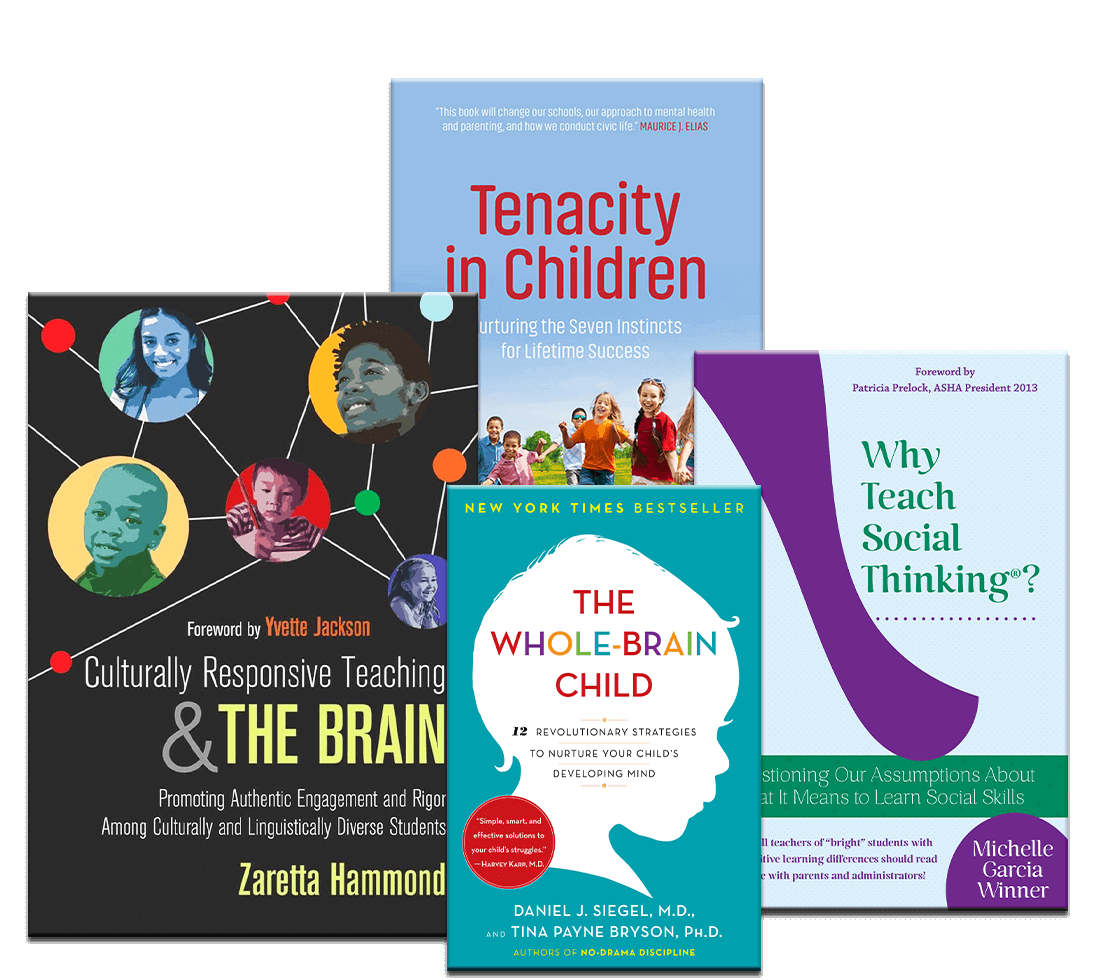

School Administrator Bundle
Tell us something good!
There was a problem adding this comment. Plaease try later.
Please log in